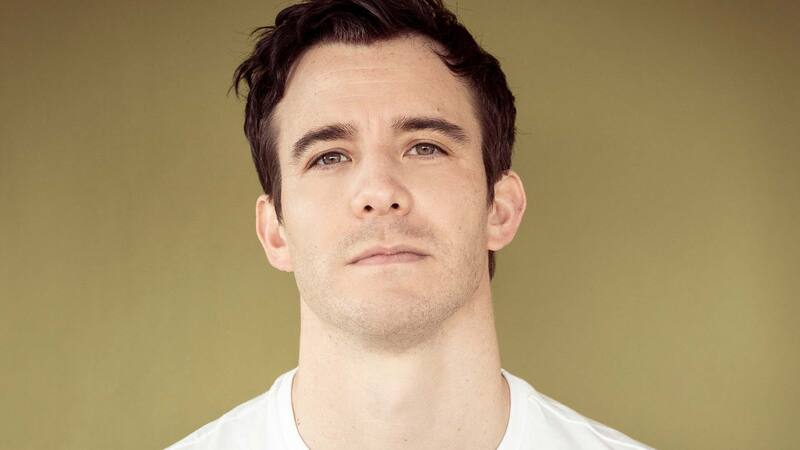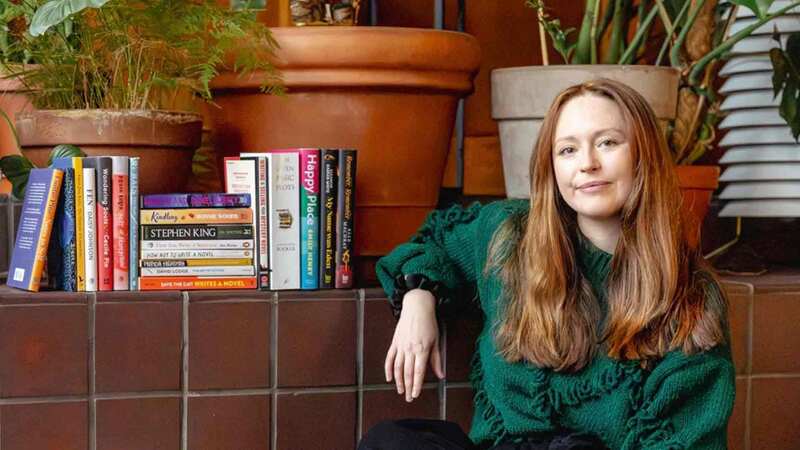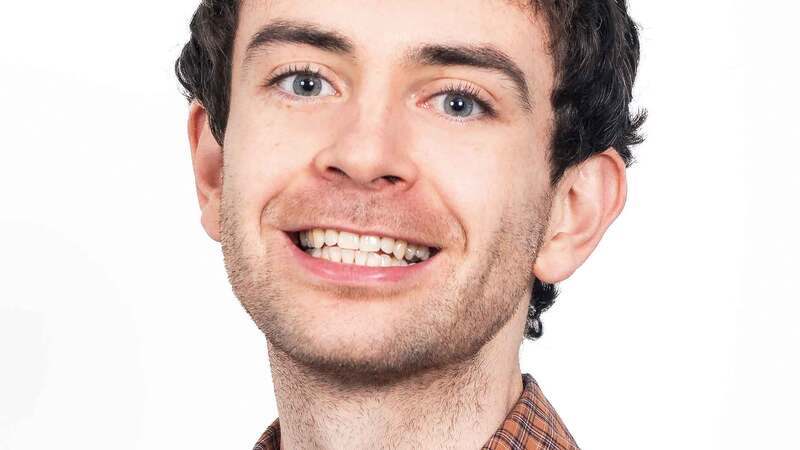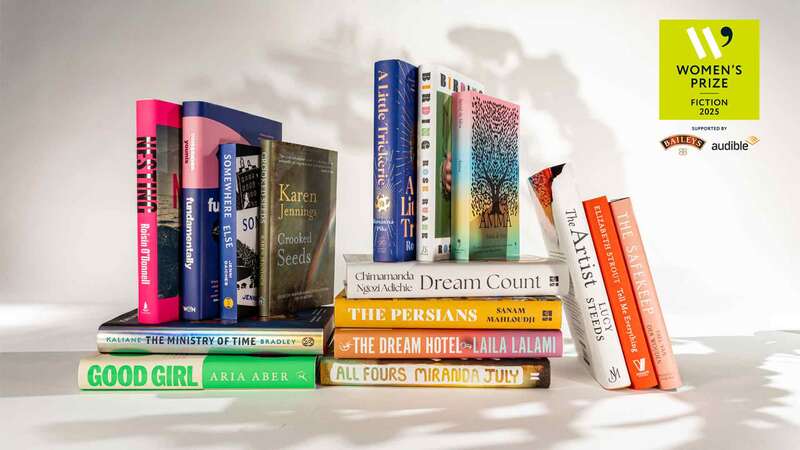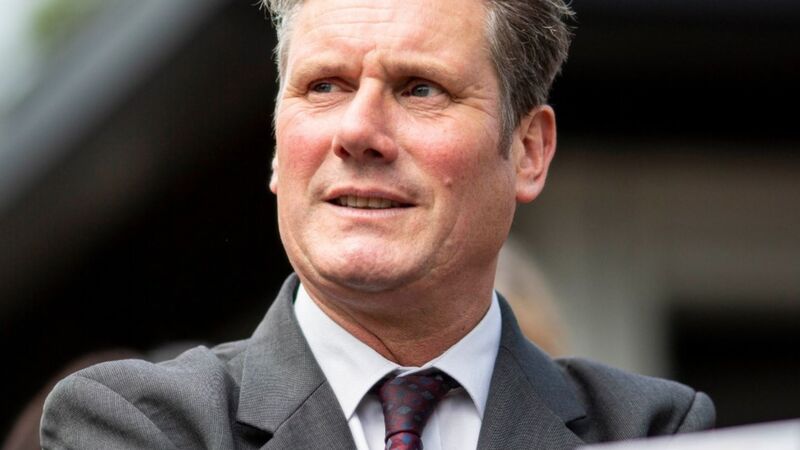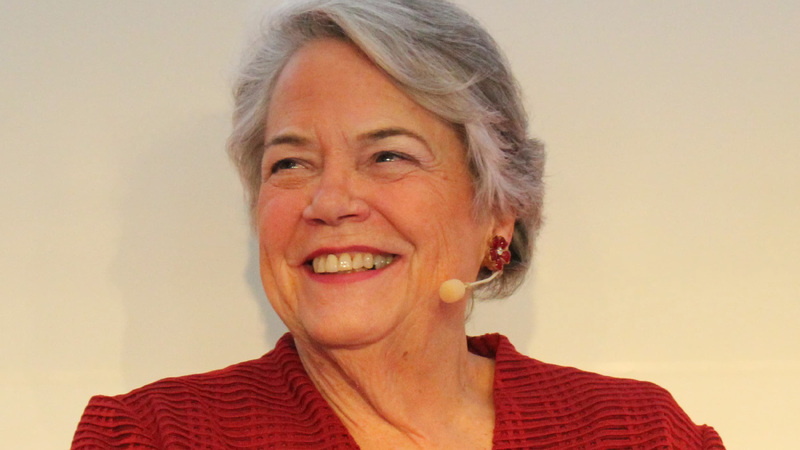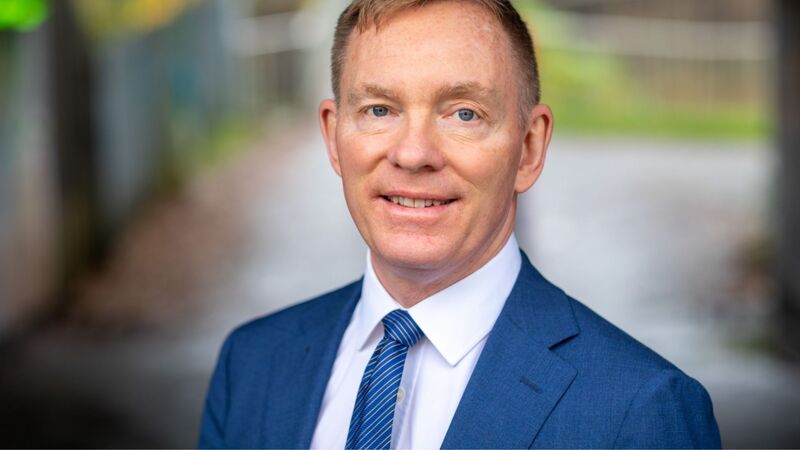You are viewing your 1 free article this month. Login to read more articles.
'Bumpy year' for book trade but optimism prevails
If the book trade began the year bracing itself for the reign of Donald Trump as the leader of the free world and for the formal negotiations over the UK’s departure from the European Union to begin, it has ended it without much more certainty about what lies ahead.
However, reasons for optimism have come in the form of print sales holding up, the continuing growth of audiobooks, and further progress to combat the lack of diversity in the trade.
Despite the turbulent backdrop, customers continued to buy print books, with the market flat in terms of value for the year to date (169 million books have been sold for £1.4bn, down 2.7% in volume but flat in value) after a boost last year. As publishing chiefs predicted in January, audiobook sales boomed, with new entrants, such as Kobo, coming into the market. Meanwhile, an unprecedented wave of new-media players, such as Netflix, descended on the industry, triggering a “dramatic explosion” in book-to-film/TV deals.
Hachette continued its bullish acquisition strategy, purchasing four-year-old digital publisher Bookouture in March and swooping on 30-year-old Jessica Kingsley Publishers in November. The company also announced a changing of the guard, with c.e.o. Tim Hely Hutchinson stepping down at the end of the year, to be succeeded by 41-year-old David Shelley, currently c.e.o. of the Little, Brown Book Group.
Perminder Mann and David Shelley
Senior management changes were also afoot at Bonnier Publishing UK, with Perminder Mann promoted to head of the UK group. The publisher, led by outspoken chief executive Richard Johnson, continued to make waves in 2017, poaching 84-year-old Wilbur Smith from HarperCollins in an eight-figure deal for eight books—“one of the biggest in publishing history,” it said—in June.
Meanwhile, publishers forged ahead with diversity initiatives in 2017, with the Publishers Association establishing a 10-point “action plan” in September aiming to lift the percentage of black, Asian and minority ethnic (BAME) employees working in the industry to at least 15% within five years. Penguin Random House set a company goal “for all new hires and the books we acquire to reflect UK society by 2025 in terms of social mobility, ethnicity, gender, disability and sexuality,” and HarperCollins revealed a programme for BAME employees and those taking long-term parental leave. Little, Brown launched a new standalone imprint dedicated to inclusivity called Dialogue Books, spearheaded by Sharmaine Lovegrove aiming to “source, nurture and publish writing talent—and reach audiences—from areas currently underrepresented or not covered by the mainstream publishing industry”.
However, the “catastrophic” closure of libraries continued, with the Chartered Institute of Public Finance & Accountancy (CIPFA) revealing that 105 libraries closed in the year to April 2017, bringing the total number of closures since the austerity measures of 2012 to 449 across England, Scotland and Wales.
But for retailers there was good news in 2017, with the Booksellers Association saying it had seen a “slight increase” in its independent bookshop membership. Waterstones also opened five shops between November and December, and Blackwell’s opened a new branch in Oxford Westgate. However, the store openings may not have been enough to calm jitters about two of the industry’s biggest players— Waterstones and wholesaler Connect Books—being put up for sale.
Blackwell's Westgate
Censorship and issues over freedom to publish were also important debates over the year, as presaged by Simon & Schuster US c.e.o. and president Carolyn Reidy, who told colleagues at the end of 2016 that it was their responsibility both to resist censorship and to stand unequivocally for freedom of speech—”no matter how difficult that might be at times”.
She did not know then that her company’s own Threshold Editions was to become the intense focus of debate in the US and abroad when it agreed to publish far-right commentator Milo Yiannopoulos. The acquisition caused anger among S&S authors, with the controversy culminating in the publisher dropping the book in February. The writer is currently in the process of suing the publisher in the US over its decision.
Meanwhile, authors responded through their work. Howard Jacobson released Pussy through Jonathan Cape in April, a fairytale for grown-ups telling the story of how “a boastful dunce becomes the leader of the free world”, and Salman Rushdie released The Golden House in September, a modern-day thriller set against a backdrop of US culture and politics since the first inauguration of Barack Obama in 2009.
Copyright competition getting cut-throat
It has been a “bumpy year” for the trade, with the market “a little unpredictable” in the face of “huge uncertainty” created by Brexit and Donald Trump’s presidency, The Bookseller has heard.
“Freedom of expression has been an issue,” said Helen Garnons-Williams, publishing director at Fourth Estate. “I think for a while there was a bit of paralysis about how we write in a world like this, considering Brexit and Trump, etc. How do you write fiction in a world where the news is like something you couldn’t even make up?”
She added that the “distractions” had made it harder for books to cut through the noise and achieve widespread success. “How do you get people to read only books with all of this going on?” she asked.
Jeremy Trevathan, publisher, Macmillan Adult Books, agreed it had been a bumpy year. “The market has been a little unpredictable in the face of the huge uncertainty created by Brexit and President Trump’s unusual ways,” he said. “It is affecting trade, whatever anyone says.”
The past 12 months have also seen competition for copyright becoming “incredibly cut-throat”, Trevathan said, adding: “With relatively new, monied entrants on the UK scene, advances paid for some books have been nothing short of astonishing.” This sentiment was echoed by Carole Tonkinson, publisher at Bluebird. “There has been a proliferation of new imprints and a lot of money flashing around. I think this has to stop. At some point as everyone has to reckon with the investments they have made,” she said. “There have been so many entrants to the market...Sometimes an auction can really go crazy.”
Meanwhile, publishers enthused about the money and opportunity flowing into the market from new-media companies such as Netflix and Amazon Prime, who are looking for rights to books to adapt for TV.
Cath Burke, publisher for Sphere Fiction and executive director of Little Brown Book Group Rights and Hachette Audio, said: “I don’t think there has ever been so much demand. It’s an exciting new income stream for authors, and a focus for their books, stories and audiences.”
The increase in audiobook sales has also been cheering for the industry in 2017. “That’s an exciting bit of the market right now,” Burke said.
The industry has also taken more steps to tackle a lack of diversity. Hachette Children’s Group c.e.o. Hilary Murray Hill said the discussion that had been “a whisper” was now “a shout”. “The industry has stepped up on this, but there is still a lot of work to be done,” she said. Burke said the conversation “was brilliant” but the work needed to start “hitting the books” and, eventually, readers. But for Julia Kingsford, co-founder of Kingsford Campbell Literary & Marketing Agents, more work needs to be done to tackle low pay among new starters and gender equality among publishing chief executives. “I’m unendingly frustrated that these are all still issues and we’re not anywhere near where we should be on these [issues],” she said.
Looking ahead to 2018, Amazon’s launch in Australia is on the mind of Trevathan and Kate Wilson, founder of Nosy Crow, who said it was a development she’d been watching with “interest and some nervousness, given the vibrancy of the Australian independent bookshop scene”.
The implications of Brexit will also become clearer to the trade next year. Wilson said her company would focus “even more on our sales efforts to customers outside the UK” because of it.
Meanwhile, Trevathan was adamant: “I expect we’ll all have to fasten our safety belts in 2018 and be ready for another bumpy ride,” he said.







